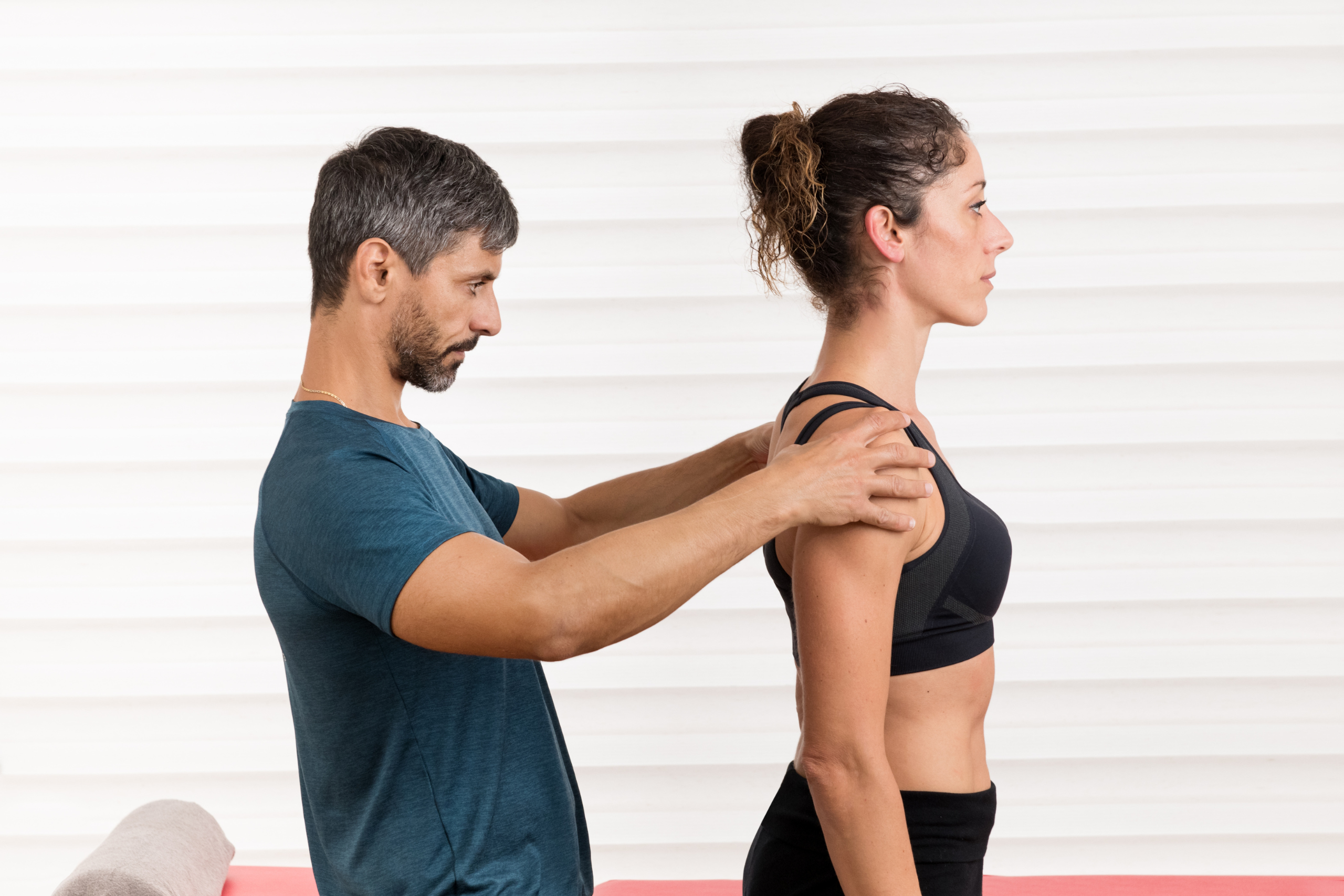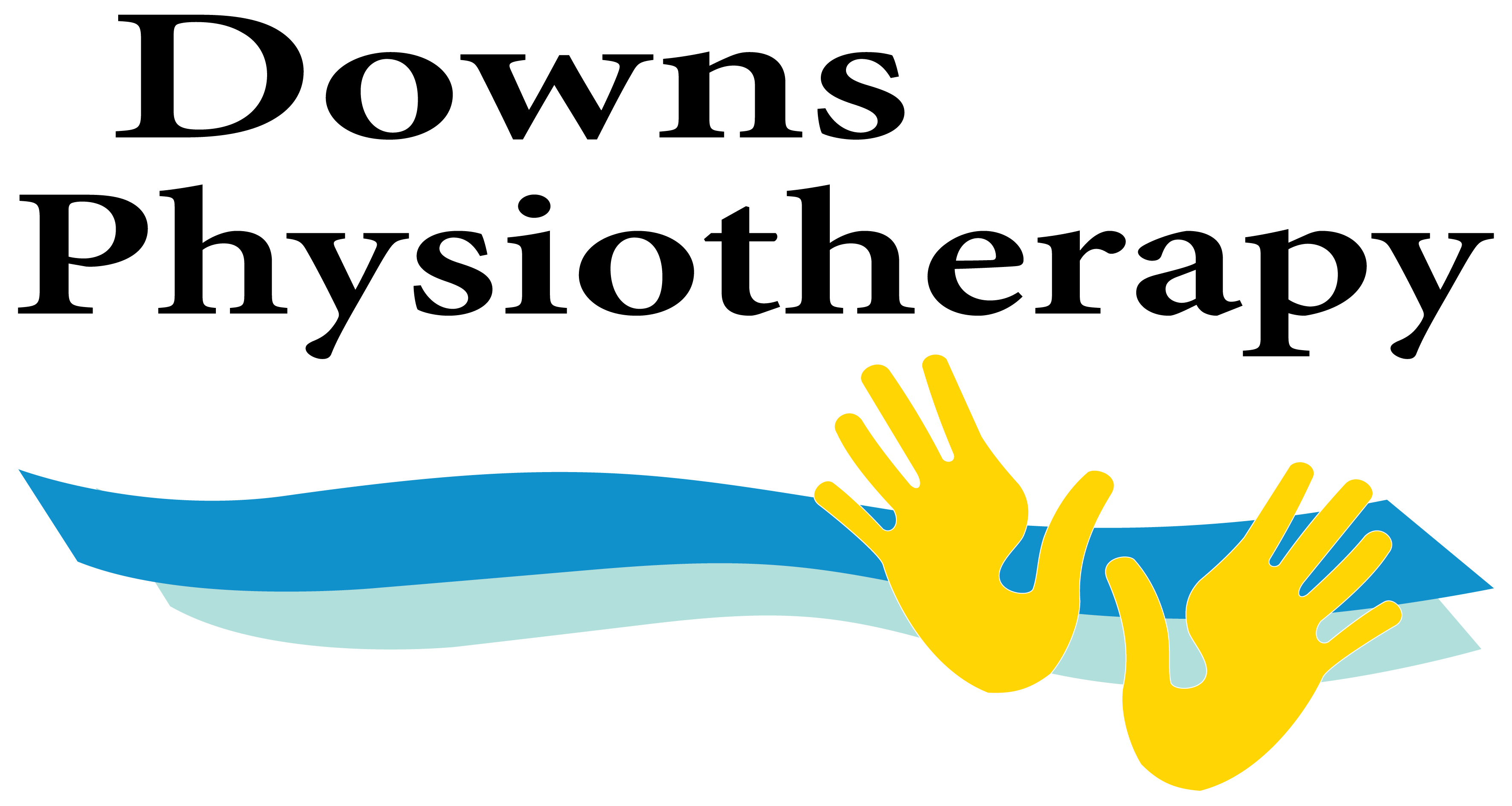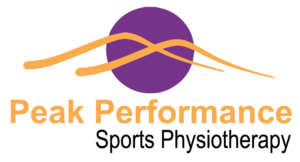
What is physiotherapy?
Physiotherapy is a profession concerned with the assessment, diagnosis and treatment of the body and its injuries to restore physical function and performance. Physiotherapists aim to maintain and improve your health and wellness, reduce pain, recover from injury, increase mobility, and prevent further injury.
Conditions we treat
General Musculoskeletal Complaints and Injuries
Musculoskeletal physiotherapy focuses on muscle and joint conditions, helping to reduce and relieve pain in these areas.
If you are experiencing musculoskeletal issues, a physiotherapist can support your recovery, improving mobility, strength, coordination and flexibility.
A physiotherapist can establish a plan with exercises and tips to prevent further injury and specifically tailor it to the area of concern.
Post Surgical Rehabilitation
Downs Physiotherapy is happy to provide a full rehabilitation service to patients who are having orthopedic surgery, from pre-operative assessment, inpatient management at St Andrews, and rehabilitation following discharge including home visits and outpatient care.
Some of the procedures we provide rehabilitation for include:
- Total knee and hip replacements.
- Shoulder reconstructions/repair.
- Back surgery.
- Knee surgery and reconstructions.
Dizziness, Vertigo and Vestibular Conditions
Have you ever felt like the world was spinning around you? Vertigo and balance disorders can be very debilitating. The good news is physiotherapy can help! The vestibular system or the balance system is located in your inner ear and helps provide information to your brain about how your body and head are moving. When this system is not working well, either due to too much information or not enough, dizziness or vertigo are experienced.
Chest Conditions
 Chronic and acute chest conditions can be very debilitating and can drastically affect our day-to-day life. Just like any other function in the body, exercise and guidance from our experienced team can help you get back to your full potential.
Chronic and acute chest conditions can be very debilitating and can drastically affect our day-to-day life. Just like any other function in the body, exercise and guidance from our experienced team can help you get back to your full potential.
Common symptoms that could suggest you need some help:
- Productive cough
- Shortness of breath
- Reduced exercise tolerance
Common conditions:
- COPD
- Emphysema
- Bronchiectasis
- Chest infection
- Pneumonia
Sports Injuries
Our team at Downs Physiotherapy offer you a detailed assessment of your injury or concern, a diagnosis, appropriate treatment and rehabilitation, and discuss with you your goals and the progression back to full activity again.
This will usually include a Biomechanical Assessment. Biomechanics is the way we move, the way our muscles and joints interact with each other, and how they cope with the forces applied to our bodies (e.g. running). Injuries often result from abnormal mechanics (e.g. differences in strength and movement between sides of the body and opposing muscle groups), causing repetitive stress and strain.
Neck Pain
Neck pain is a very common musculoskeletal complaint and many people will experience some form of neck pain within their lifetime. Neck pain can result from several different things, including muscle strains, sprains, arthritis, nerve damage, car accidents and posture.
Symptoms include:
- neck pain at rest and on movement.
- reduced movement in the neck and upper back.
- headaches.
- pain radiating down the arm.
- pins and needles or numbness down the arm into the fingers.
Our physiotherapists can assess, diagnose and treat your neck pain. Our goal is to reduce your pain, improve your function and get you back to feeling your best.
Shoulder and Upper Limb Pain and Conditions
Anyone who has experienced shoulder pain knows how painful and debilitating it can be. It can disturb your sleep, restrict your everyday activities due to pain and stiffness and limit your ability to work, exercise and play sport. If shoulder pain has been getting you down, Downs Physiotherapy can help.
Back Pain
Lower back pain is one of the leading causes of pain and disability around the world. Physiotherapy is a very effective way of managing this pain and dysfunction.
There are several different causes of lower back pain, with the vast majority of cases being of musculoskeletal origin without any serious structural damage. These cases respond very well to physiotherapy.
Lower Limb Conditions including Hip, Knee and Ankle
Lower limb has a number of joints including hip, knee, ankle and foot. Unfortunately, many people will experience a lower limb injury and often they can be quite debilitating and affect your mobility, and ability to work and perform at your best.
Lower limb injuries can typically be acute and have a mechanism of injury, such as rolling your ankle, or twisting your knee, but can also present as either overuse injuries or even degenerative conditions, such as arthritis.
Hydrotherapy
Hydrotherapy is exercise in the water and provides an option for people to exercise in a comfortable, social environment with minimal pressure on their bodies. All ages can benefit and the good news is you don’t have to know how to swim! Whether you have a chronic back problem, have had joint replacement surgery, recent back surgery/injury or you suffer from lower limb pain/injury or arthritis, hydrotherapy can provide an enjoyable alternative to or complement land-based exercise.
Men's Health
It’s the topic men don’t want to talk about. Are you having problems with your bits below the belt? Many men have ongoing problems with their water works such as urinary frequency, urgency, dribbling, incontinence, hesitancy or pain, and are too embarrassed to seek help, or don’t know that there are treatments available.
Dry Needling
Dry needling uses a solid, filament needle similar to that used in the practice of acupuncture. While this sounds nasty, the process is relatively painless. Dry needling is conducted by physiotherapists who have furthered their studies in order to provide this specialised technique. Acupuncture and dry needling techniques may be similar but their rationale and use in treatment are quite different.

